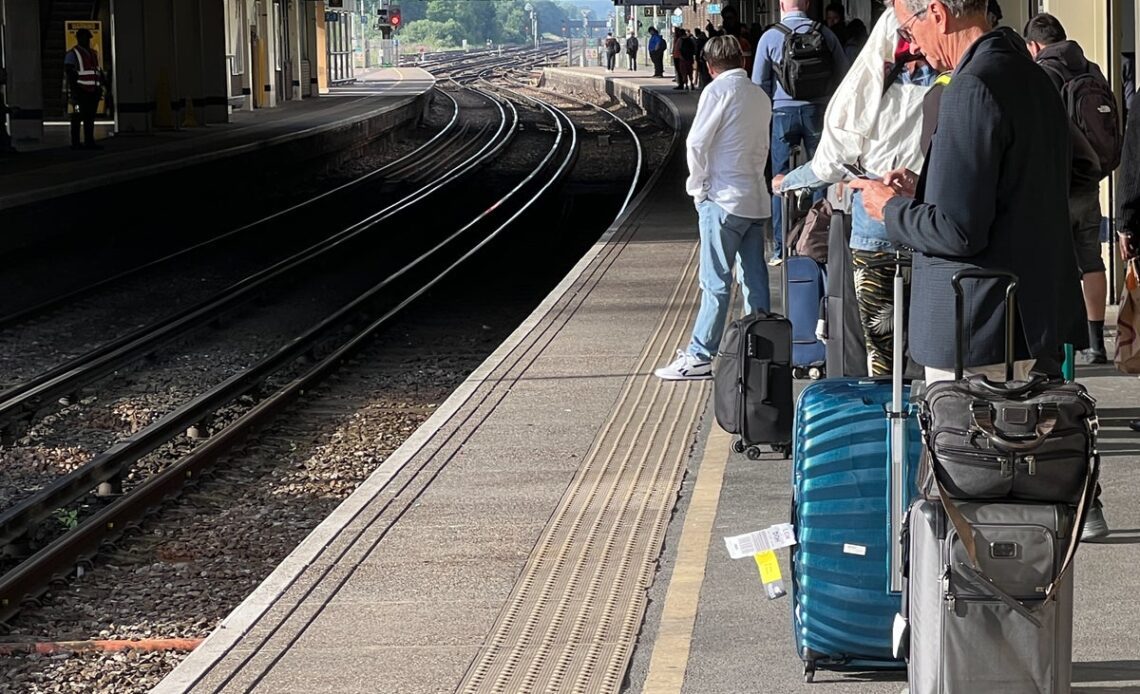Rail passengers face yet more disruption to their trains. Two days this week, 27 and 30 July, will be affected by strikes on the railway network – involving all three rail unions – as well as during two weeks in August.
These are the key questions and answers about a complex and disruptive series of stoppages.
Who is going on strike?
The most significant industrial action involves around 40,000 members of the RMT union who work for Network Rail and 14 train operators – incuding Avanti West Coast, East Midlands Railway, Greater Anglia, GTR (including Thameslink, Southern, Great Northern and the Gatwick Express), GWR, LNER, Northern, Southeastern and South Western Railway.
The workers comprises a wide range of employees from cleaners and station staff to signallers and guards. They walked out in the first national rail strike for three decades on 21, 23 and 25 June. Talks have continued since then, but not to the satisfaction of the union.
White-collar staff belonging to the Transport Salaried Staff Association (TSSA) are involved in disputes with Avanti West Coast and others.
Train drivers belonging to Aslef and working for Chiltern, Greater Anglia, GWR, Hull Trains, LNER, London Overground (Arriva Rail London), Southeastern and West Midlands Trains have voted strongly in favour of strikes.
When are they striking?
Let’s deal with the RMT strikes first – because they will have by far the most wide-ranging effects across all three nations of Great Britain. (Northern Ireland will be unaffected, as will the Isle of Wight.)
Their first strike will hit train travellers on Wednesday 27 July. Workers for train operators will walk out from 12.01am, with Network Rail staff stopping work from 2am.
TSSA station staff working for Avanti West Coast will join the 27 July stoppage.
Further RMT strikes are set for Thursday 18 and Saturday 20 August.
These strikes will impact some services late on the evenings before each strike day, and earlier services on the mornings after.
On 27 July, the day of the RMT strike, drivers will work normally (or, given the widespread closure of the system, not work but still get paid). But on Saturday 30 July they will strike at Chiltern, Greater Anglia, GWR, Hull Trains, LNER, London Overground, Southeastern and West Midlands Trains.
What effect will the RMT strikes have?
The network will not shut down completely. but most trains will be cancelled across England, Wales and Scotland.
At Network Rail, the infrastructure provider, the most…
Click Here to Read the Full Original Article at The Independent Travel…
